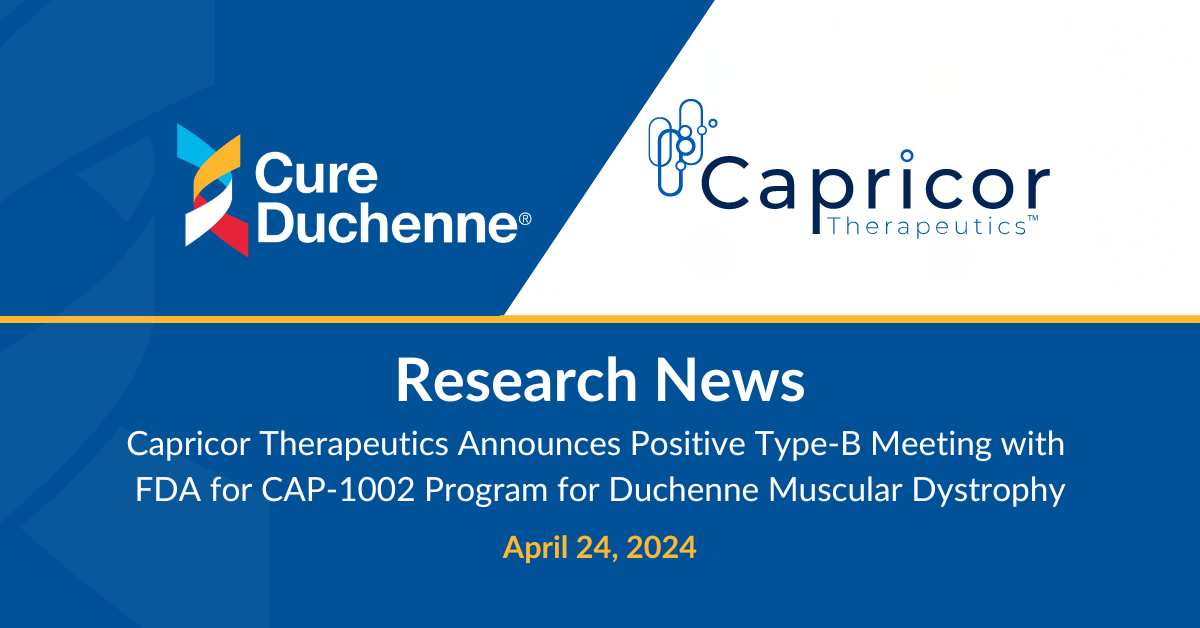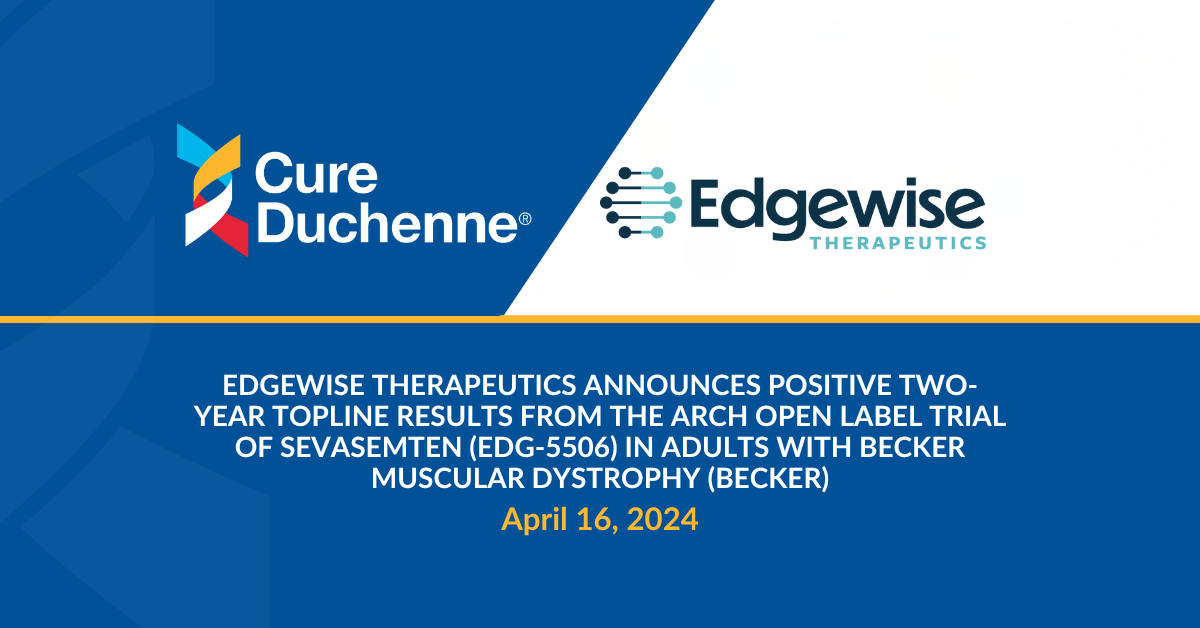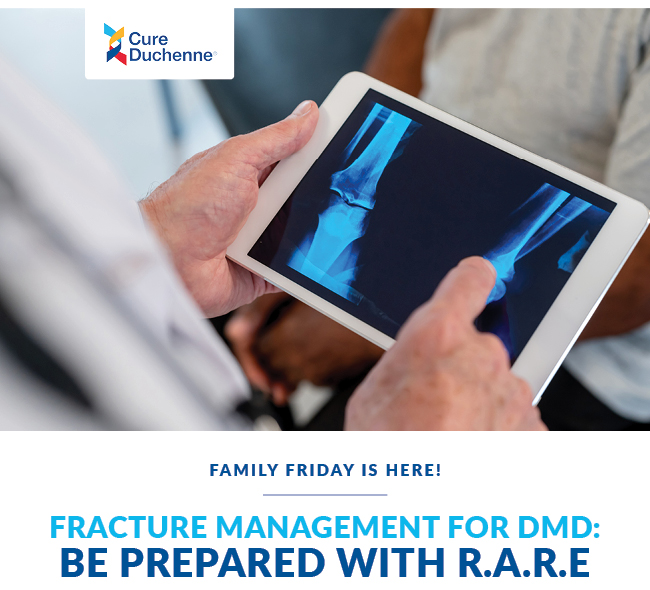Duchenne Duplication and Rare Mutations
Several years ago, soon after our son, Hawken’s diagnosis of Duchenne, I was at a conference, and full of mutation envy. Our son has a deletion of exon 45 and at that time, the most promising therapy in the pipeline seemed to be PTC124 (ataluren) which would target stopcodon mutations. Many of us were wishing that our son had a stopcodon mutation since those boys seemed destined to receive the first treatments.
A few years later, exon skipping seemed to be one of the most promising potential therapies. CureDuchenne had already supported the development of PTC124 (ataluren), as well as Prosensa’s research on exon 51 (drisapersen) and exon 44 (PRO044) and Sarepta Therapeutics’ development of exon 51 (etiplersen). There was hope amongst a larger group of parents that their son could soon have a treatment with exon skipping.
But, there was still a huge hole in the spirit of Duchenne parents whose son did not have a stopcodon mutation or one that would be treated by the first wave of exon skipping compounds. I felt this was unacceptable and committed myself and CureDuchenne to bring hope to as many families as possible by tackling rare mutations head on, since the numbers were too small to be prioritized by biotech companies in the near future.
Dr. Kevin Flanigan from Nationwide Children’s Hospital had a keen interest in duplication and rare mutations and we expressed our intention to do whatever we could to move this work forward. More than three years ago, Dr. Flanigan approached me to request CureDuchenne’s support in creating a new Duchenne mouse model that carried a duplication mutation on exon 2. CureDuchenne provided the funding for Dr. Flanigan to create this mouse model and to experiment with exon skipping for duplication mutations.
Dr. Flanigan spoke about his duplication mutation research during a webinar last fall. We encourage you to listen to the webinar to learn more about this important research.
We are very pleased to see Dr. Flanigan’s work progress and proud to have supported his research on duplication and rare mutations from the beginning. We will continue to support his research with the intent to move this forward as quickly as possible.
If you would like more information or if you’d like to help support duplication and rare mutation research, please send me your son’s exact mutation: debra@cureduchenne.org The more we can rally together, the more we can develop drugs…even if it’s one mutation at a time.





